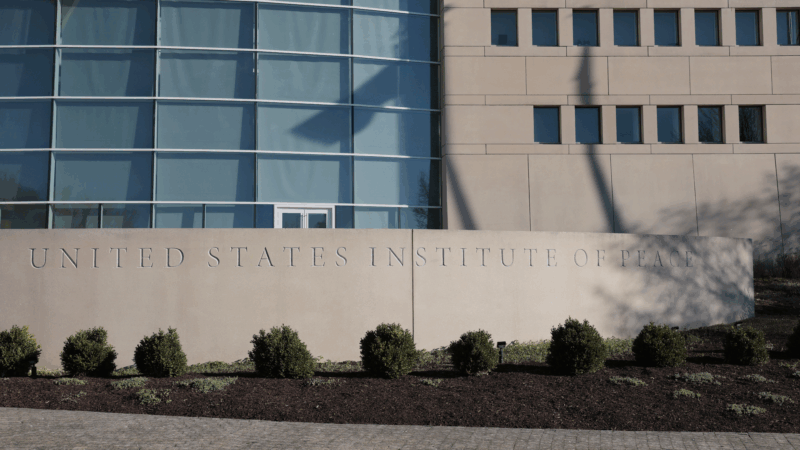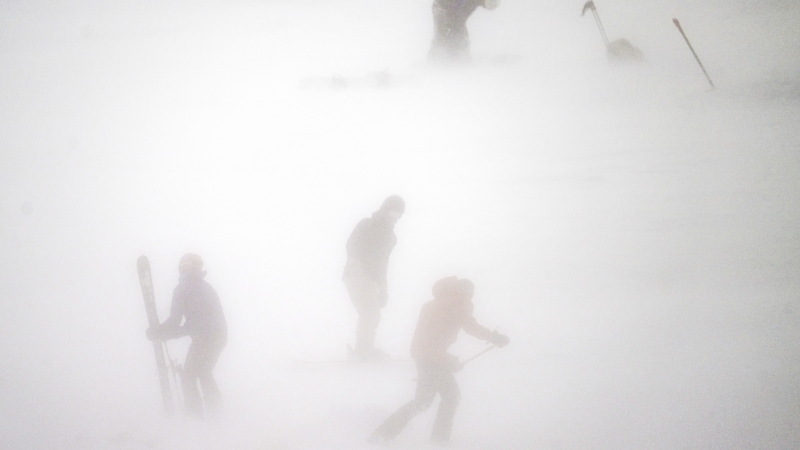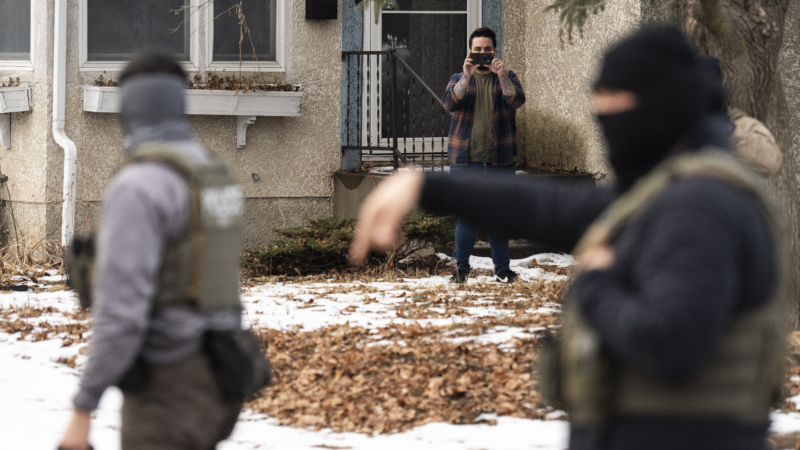Federal judge blocks Trump’s takeover of U.S. Institute of Peace
A federal judge on Monday blocked the Trump administration’s takeover of the United States Institute of Peace, saying the president exceeded his authority when he fired the board members and moved to dismantle the organization and its operations.
U.S. District Judge Beryl Howell ruled the USIP president and board members were unlawfully fired by President Trump and should be reinstated. In her 102-page ruling, Howell also declared that the transfers of the institute’s assets, including its headquarters, seized in the administration’s takeover are null and void.
Trump’s attempted takeover of USIP, Howell wrote, “represented a gross usurpation of power and a way of conducting government affairs that unnecessarily traumatized the committed leadership and employees of USIP, who deserved better.”
Earlier this year, Trump fired the institute’s board members and president and ordered the institute’s operations be gutted. A team from Elon Musk’s Department of Government Efficiency then forcefully seized the institute’s headquarters and quickly moved to dismantle operations.
Five members of the board sued to try to block the takeover. Their lawsuit alleges that they were unlawfully removed from their positions and should be reinstated.
Status of USIP
The case before Howell revolved in large part around the question of whether USIP is part of the federal government, and if so, whether it’s part of the executive branch.
In their filings and in court, the fired board members have argued that USIP is not part of the federal government. The Trump administration, in contrast, has argued that the institute is part of government and falls under the executive branch, giving Trump the authority to remove the board.
In her ruling, Howell said USIP “is unique in its structure and function — neither a traditional executive branch agency nor an entirely private nonprofit corporation.”
Ultimately, Howell concluded that USIP must be considered part of the federal government but that it is not part of the executive branch.
“Instead, USIP supports both the Executive and Legislative branches as an independent think tank that carries out its own international peace research, education and training, and information services,” she wrote.
Because of that, Trump’s firing of the USIP board members was unlawful, and the actions that have occurred since then to gut USIP to its “statutory minimums,” remove its president, terminate the staff and transfer the institute’s property to the General Services Administration are unlawful as well.
In pictures: Winter storm slams the east coast
Photos of cities in Connecticut, New York, New Jersey and Massachusetts as they cope with a powerful winter storm.
The FDA creates a quicker path for gene therapies
The Food and Drug Administration aims to evaluate treatments for rare diseases based on plausible evidence that they would work — without requiring a clinical trial first.
BAFTAs apologize after guest with Tourette syndrome uses racial slur during ceremony
A man with Tourette syndrome shouted a racial slur and other offensive remarks during the BAFTA awards ceremony Sunday. The BBC did not edit out his outbursts in its delayed broadcast.
‘Everything was in pieces:’ Lindsey Vonn describes grueling surgery on broken leg
In a recent video, the Olympic skier credits her surgeon with saving her leg from potential amputation.
A new lawsuit alleges DHS illegally tracked and intimidated observers
Observers watching federal immigration enforcement in Maine who were told by agents they were "domestic terrorists" and would be added to a "database" or "watchlist" are now part of a new federal class action lawsuit.
Kate Hudson on regret, rom-coms and finding a role that hits all the notes
Hudson always wanted to sing, but feared it would derail her acting career. Now she's up for an Oscar for her portrayal of a hairdresser who performs in a Neil Diamond tribute band in Song Sung Blue.








